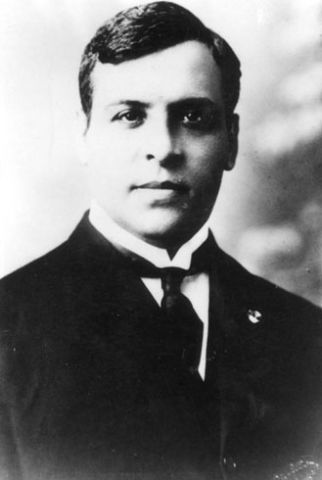
Karen Jungblut, USC Shoah Foundation director of research and documentation, participated in the “Digital Testimonies on War and Trauma” conference in June. Held at Erasmus University Rotterdam in the Netherlands, the symposium brought together scholars from all over the world to address the use and impact of digitized narrative collections in relating the horrors of warfare.